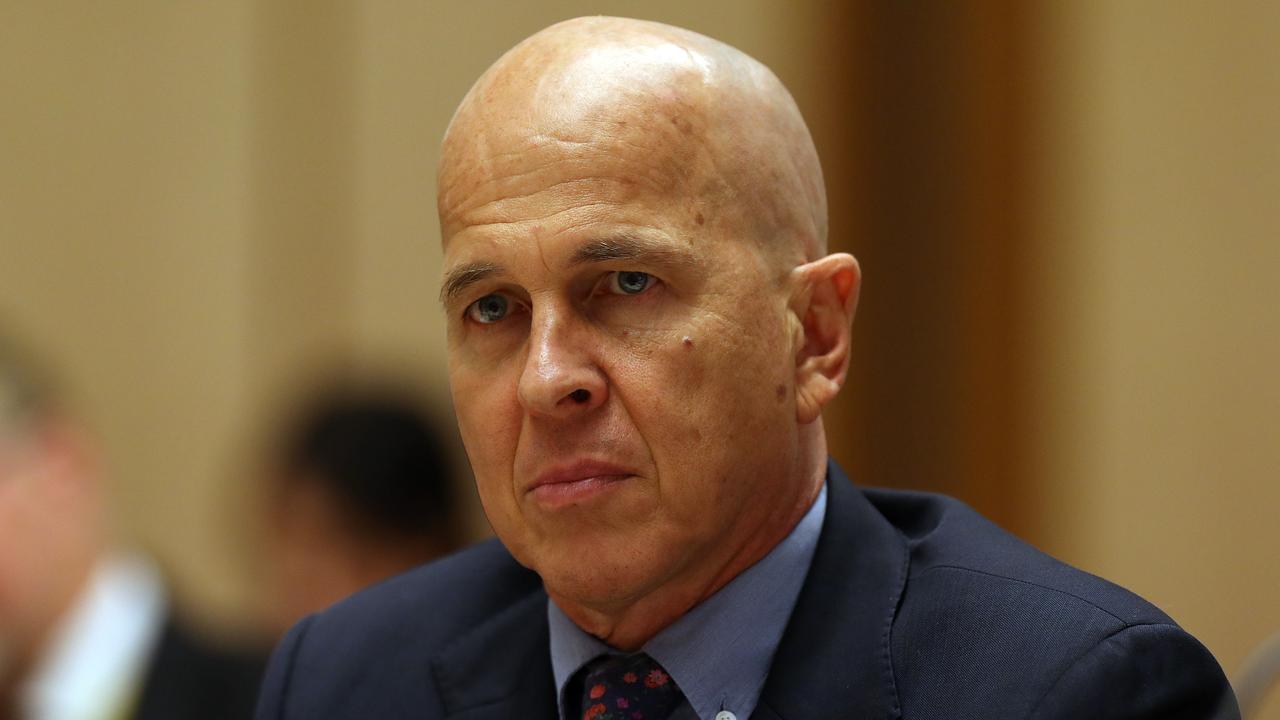Whistleblower Frances Haugen sounds alarm on rise of artificial intelligence
A former Facebook whistleblower has warned about the rapid growth of artificial intelligence and called for tougher protections in Australia.
If left unchecked, advances in artificial intelligence could have civilisation-altering impacts and rapidly increase the amount of dangerous misinformation being spread online, a former Facebook employee has warned.
Whistleblower Frances Haugen said as AI became bigger and economies relied more on software running on data centres the world would start to see an “era of opacity” creep in.
The former engineer and product manager — who quit Facebook in 2021 after leaking thousands of documents showing toxic content was being spread knowingly by the platform — said without stronger regulation there would be “a repeat of what we saw with social media” on a far greater scale.
“When we start getting into scalable systems that run on data centres, a very small number of people can have civilisation-impacting levels of power,” Ms Haugen told the National Press Club on Tuesday.
“At Facebook, there’s a very small number of people who really understand how these algorithms work and yet it impacts what everyone sees in the news.
“When we see what kind of scale that can impact, that can have really serious consequences.”

Millions of people worldwide use artificial intelligence programs daily.
ChatGPT has more than 100 million users worldwide. It generated 1.6 billion visits in June.
Recent surveys suggest nearly one in four Australians use AI programs in their workplaces and up to 70 per cent of kids aged between 14 to 17 have used an AI software at least once.
Ms Haugen — who built a successful tech career in California’s Silicon Valley before testifying Facebook promoted hate speech and pushed eating disorder content to teenagers on Instagram — said newer algorithms promoted “the most divisive, polarising content” to generate profit.
“It used to be content that kept you around was the best content. Then they said if you get a reshare, a like, a comment ... that’s what good content is,” she said.
“Now, our most divisive, polarising, worst content gets the most distribution.
“Unless we pass laws that say, ‘hey, we will not repeat the errors of social media, we have to have transparency ... we have to protect whistleblowers’, we will see repeats of what we saw with Facebook.
“Any time there’s a profit motive and no feedback cycle to correct those lies, we will see those gaps get bigger and bigger.”

Following calls for stronger regulation of online hate speech and misinformation, protections for whistleblowers and media are manifestly failing in Australia, according to a leading free speech advocate.
Award-winning journalist Peter Greste said Australia needed a mechanism that took the role of journalists and whistleblowers into account.
He also said the government and the ADF needed to be “far more transparent” about the work that it did, particularly in the midst of a growing crisis in the Middle East.
“I just think that at the moment, generally speaking, as a country and particularly with our security and defence agencies, we are too obsessed with secrecy, with keeping these things closed,” Professor Greste told the National Press Club.
“I think that’s causing a huge amount of problems for everybody.”



